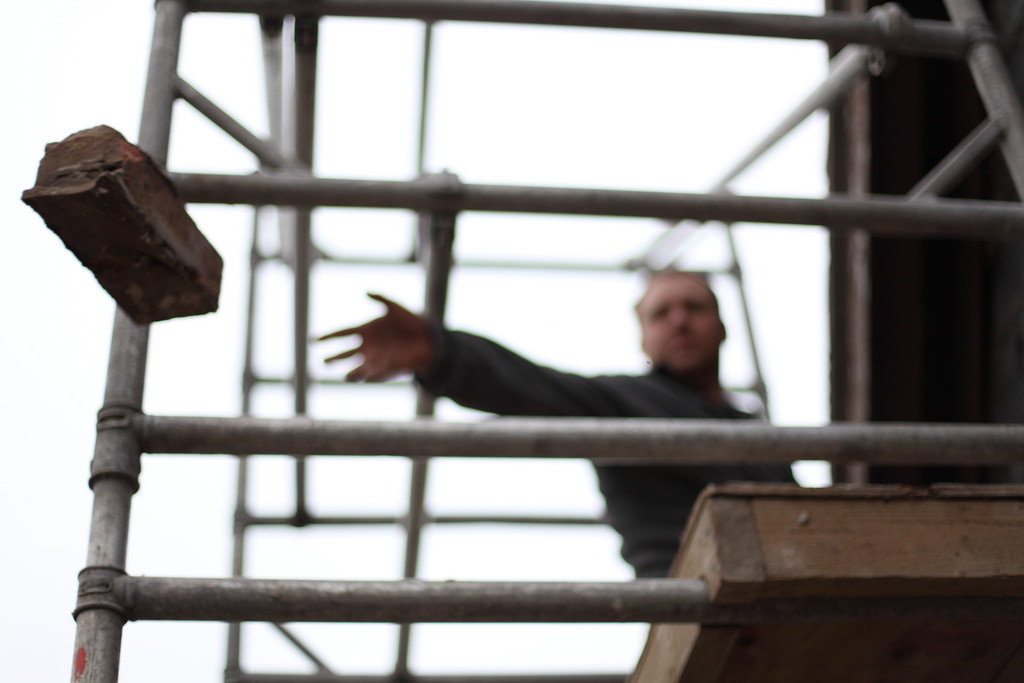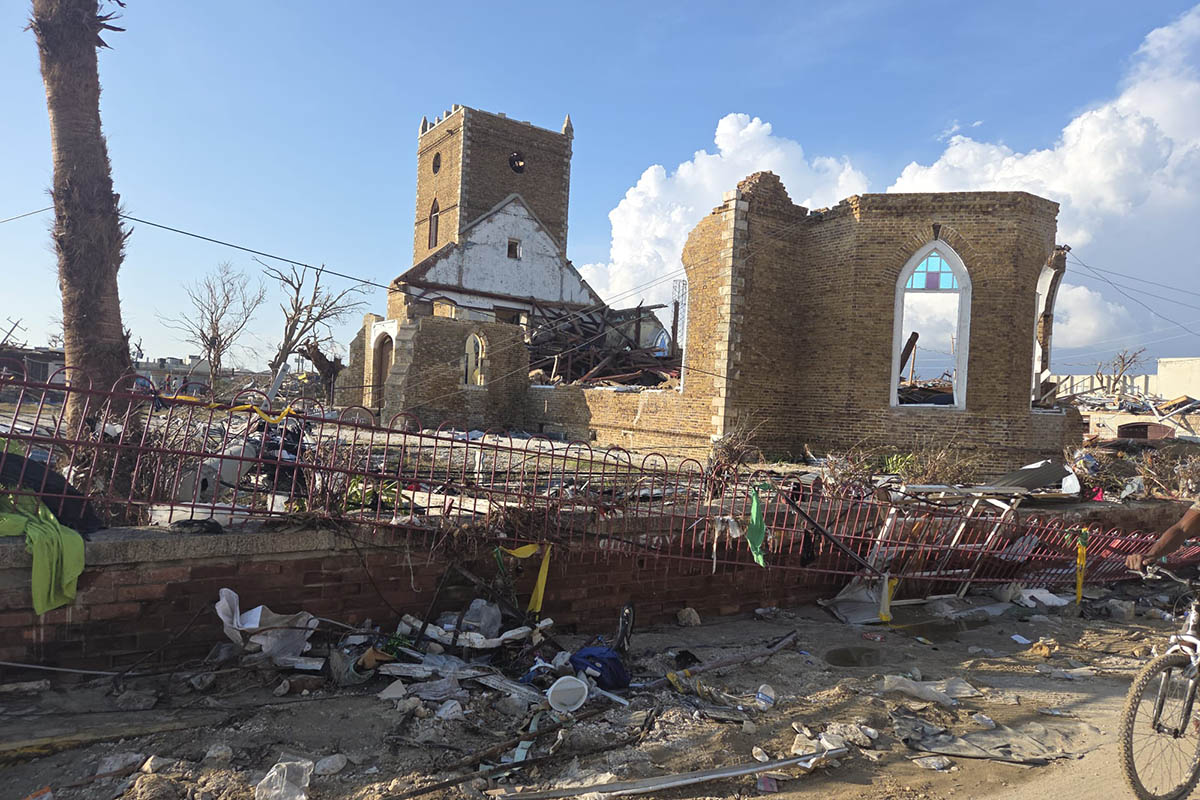“Brexit could cripple housing construction”
May 16 Triggering Brexit could mean triggering another headache for those looking for housing in the crowded London market. Mary Adeyi, 24, a Commonwealth Correspondent in London, UK, writes that a report from the mayor points to a construction industry that relies on European labour.
Triggering Brexit could mean triggering another headache for those looking for housing in the crowded London market. Mary Adeyi, 24, a Commonwealth Correspondent in London, UK, writes that a report from the mayor points to a construction industry that relies on European labour.
London Mayor Sadiq Khan has warned that a “Hard Brexit” would “cripple” house building in London, as more than a quarter of the capital’s construction workforce are from the European Union.
In the “Housing in London” report, Mr. Khan has identified some key housing and employment trends that he argues the country should consider as Britain moves towards triggering article 50.
The report outlines that over the last two decades, housing supply has failed to meet the growing number of people and jobs in London. London has had a 40 per cent increase in the number of jobs and a 25 per cent increase in the number of people living in the capital. However, this has been accompanied by only 15 per cent growth in the number of house builds.
The report found that one in four construction workers is from the European Union. Mr. Khan has expressed concern over the impact Brexit could have on long term building goals in London. Particularly, he highlights that the government has made no pledge that secures the status of present EU workers who live in the UK.
The mayor said, “When I speak to businesses – both large and small – one of the biggest issues they raise with me is the skills gap. They tell me that maintaining a skilled workforce is absolutely crucial to their future and the future of the whole economy.”
“While we are working to train up more Londoners to have the skills to work in construction, you can’t escape the fact that a ‘Hard Brexit’ could leave a quarter of the skilled construction workforce in the capital high and dry, which would have a crippling effect on our plans to build the homes Londoners so desperately need.”
It is suggested that London needs up to an extra 13,000 new workers each year until 2021 to close the current skills gap, and to meet the goals of the construction industry and house-building development plans that have already been set in the UK. Mr. Khan’s report highlights how important it is that the construction industry remains able to attract the talent it needs post-Brexit.
The 2017 Housing in London report and its underlying data can be read here.
photo credit: lee_pickup1 Best brick forward via photopin (license)
…………………………………………………………………………………………………………………
About me: Living in London, I am keen to understand the relationship between culture and the city. Using research and group experiences, I aim to bring attention to how urban governance and public spaces impact social inequalities, public health, education and the youth at local, national and international levels.
My interests include history, intersectionality, world politics and global sustainable development.
…………………………………………………………………………………………………………………
Opinions expressed in this article are those of the author and do not necessarily represent the views of the Commonwealth Youth Programme. Articles are published in a spirit of dialogue, respect and understanding. If you disagree, why not submit a response?
To learn more about becoming a Commonwealth Correspondent please visit: http://www.yourcommonwealth.org/submit-articles/
…………………………………………………………………………………………………………………




